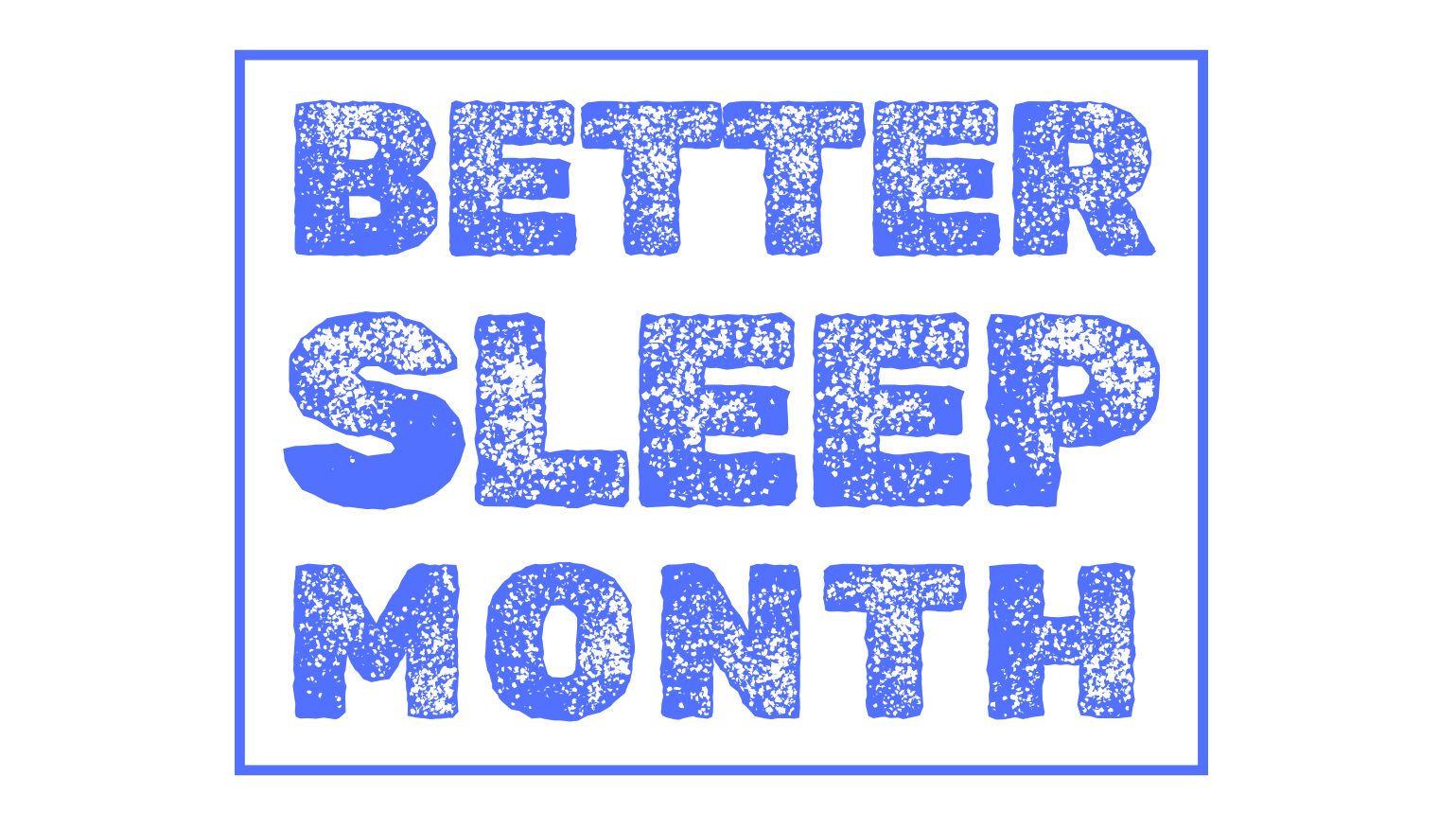Search by Color or Cause


May is known as Better Sleep Month. This month raises awareness about all of the benefits that come with better sleep. And, how lack of it can disrupt your everyday life. It is recommended that you get about 7.5 to 8.5 hours of sleep a night. This is critical for optimizing your health. Sleep is found to be vital for physical, mental, and emotional health. Wear black and pink pins to call attention to apnea in women. Wear a black pin to represent apnea, in general. Personalized Cause offers black enamel awareness ribbon pins, fabric ribbons, and black silicone awareness wristbands to call attention to sleep and sleep disorders.
When you get inadequate sleep, the long-term effects can be bad for the body. For example, it can cause an increase in stress hormone production and high blood pressure. The body’s stress levels rise. The more stress hormones that get released, the harder it is to fall asleep, which helps perpetuate the negative feedback loop of unhealthy sleep cycles. Some consequences of continued poor sleep include mood swings, reduced concentration, a weakened immune system, and irritability.
Sleep deficits are closely associated with weight gain, diabetes, high blood pressure, and a lower tolerance of chronic pain. When this issue because severe, it can be linked to serious disorders such as restless leg syndrome, apnea, insomnia, and narcolepsy.
Most Americans don’t think their sleep, routines, or moods are affected by changing the clocks. In the National Sleep Foundation’s national, random-sample survey, over 70 percent of those in Daylight Saving Time-observing states said time changes in either direction aren’t a problem for them.
“We’re seeing gaps between what the public thinks and both published research and real-world observations of the clock change’s effects on health. Evidence has shown that changing the clock twice a year is detrimental to our circadian rhythm and overall health and safety, including cardiovascular events, mental health issues, and even traffic fatalities,” said Dr. Rick Bogan, Board Chair of the National Sleep Foundation.
Just one in four respondents would stick with the current system of two clock changes during the calendar year. Slightly more than half, fifty-four percent, of Poll respondents said they preferred year-round Daylight Saving Time, the “spring ahead” clock setting where time is moved forward by one hour.
“It’s understandable why Daylight Saving Time is appealing, but it doesn’t fit our body clocks like Standard Time. This is an opportunity for us to continue educating the public on the role and importance of the science behind our sleep,” added Bogan.
Switching to permanent Standard Time would better align our bodies to daily sunrise and sunset which influences the natural sleep/wake cycles, also called circadian rhythm. Your body and brain work together in multiple ways to create and regulate this process, and sleep can suffer when your body’s circadian rhythm is out of sync. Most adults need between seven and nine hours of sleep, followed by 15 to 17 hours of being awake.
For those who are affected by the changing of the clock, gradually alter your bedtime and wake time by shifting the times forward 10-15 minutes a day for one week leading up to the clock change. You can also help your body adjust by altering your light exposure. Exposing yourself to bright light upon awakening and dimming the lights in the evening, while limiting electronics use, can help with falling asleep earlier.
For more information about circadian rhythm and other health topics, visit www.thensf.org.